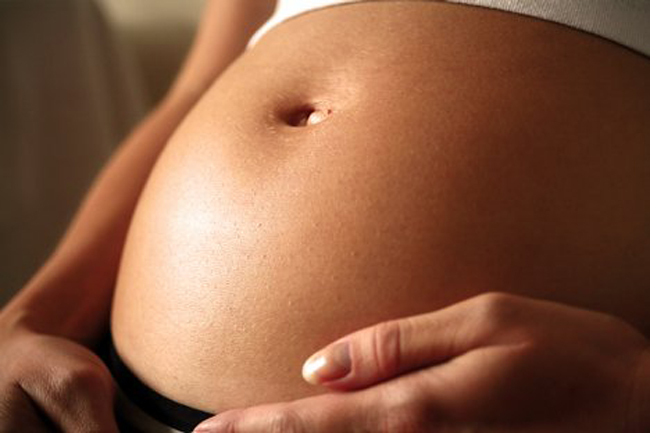In a major advance in understanding risk factors, and possible means of prevention of autism, Melissa Bauman, PhD, and David Amaral, PhD, performed studies at the CNPRC with rhesus monkeys to further define the role that maternal antibodies have to play in the risk of a child having autism. The research was published July 9, 2013 in Translational Psychiatry.
In 2008, Judy van de Water, PhD, from the UC Davis MIND Institute, discovered a group of autoantibodies—those that trigger immune responses against the body’s own molecules—that are especially common in mothers of children with autism. Dr. van de Water has found that this set of maternal antibodies could increase the risk of developmental problems in some cases of autism.
The CNPRC study explores the effects of the autism-specific IgG antibodies in a nonhuman primate model. Nonhuman primates live in complex social groups and use many forms of social communication. In addition, rhesus monkeys have a well-developed pre-frontal cortex, similar to humans, which other animal research models, such as rodents, lack.
Bauman, CNPRC research scientist, UC Davis assistant adjunct professor in the Department of Psychiatry and Behavioral Sciences, and a faculty member at the MIND Institute, and Amaral, CNPRC Core Scientist, Research Director of the MIND Institute, and senior author of the paper, exposed a group of pregnant female monkeys to IgG purified from human mothers of children with autism that exhibited fetal brain reactivity — the IgG-ASD group; a second group of pregnant female monkeys received IgG antibodies from the mothers of typically developing children. The third group included untreated animals that did not receive antibodies.
“The offspring of IgG-ASD antibody treated rhesus mothers consistently deviated from species-typical behavioral development of young rhesus monkeys,” Bauman said. The mothers of the IgG-ASD offspring were more protective towards their young during their first 6 months, compared to those that were injected with antibodies from women with neuro-typical children.
The mothers may have detected behavioral abnormalities in their IgG-ASD offspring that were so subtle that they escaped the researchers’ attention, Bauman said. “The heightened protectiveness of the monkey mothers was observed only when other animals were present, suggesting that the mothers perceived a greater risk to their IgG-ASD treated infants,” she said.
Other alterations in behavior were observed as the animals matured. For example, the offspring of the IgG-ASD antibody-treated animals more frequently approached other infants in their rearing group. “Even more strikingly, as they grew older, the IgG-ASD offspring increased their approaches to unfamiliar peers,” she said. “Inappropriately approaching a novel animal is highly unusual and potentially dangerous for young rhesus monkeys.”
In addition to the behavioral changes, MRI analysis of the brains revealed altered patterns of neurodevelopment in the monkey offspring exposed to the IgG-ASD antibodies. The rate of brain growth was significantly faster in the male, but not female, IgG-ASD offspring, when compared with that of the control offspring. The total brain volume of the male IgG-ASD offspring also was significantly greater than normal, the researchers found.
While it is not clear why prenatal exposure to these antibodies only alters brain volume in the male offspring, a similar trajectory of abnormal brain development has been observed in male children with autism. Recent research from the MIND Institute has reported that boys with autism who were exposed prenatally to the same antibodies have significantly larger brains than boys with autism born to mothers without the IgG-ASD antibodies and typically developing control groups.
Amaral noted “that much research remains ahead of us to identify the mechanisms by which the antibodies affect brain development and behavior. But, this program of research is very exciting, because it opens pathways to potentially predicting and preventing some portion of future autism cases.”

